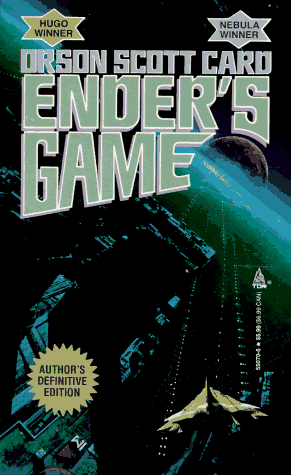Although the wedding preparations didn't put a damper on my reading, it did hinder me from writing my incredibly average book reviews. This to me is the worst casualty of all. I feel bad that I let everyone down.
I have been receiving emails from people whom have been walking around aimlessly in their local Borders book shop. A vacant hole resides where my literary guidance use to be and for that...I feel ashamed. I even received an email from someone who ended up buying the Autobiography of Kate Hudson because she was without my counsel.
Well folks, I am back and I am here to enlighten you by sharing my opinions on current books that I have absorbed. (Either read or rubbed on my body until the ink came off onto my skin)
In order to catch up, I will have to summarize my reading endeavors of the past couple months. While they will not be as in depth as past reviews, I will assure you that they will be very powerful. Also, they will come in installments since I don't have a ton of time. Here is the first couple!
Here we go:

The first book that I tackled was the late Steig Larson's world sensation, The Girl With The Dragon Tattoo. While a lot darker than I originally expected, I don't feel it deserves half of the praise that it gets. It set itself up to be a murder mystery that was chalk full of twists and turns, but turned out to be a somewhat interesting mystery/business thriller with a payoff that was less than exciting. In fact, it kind of made me feel cheated. So while not awful, not worth the price. 2 out of 4 dead horses.

The next book I checked out was Andrew Ross Sorkin's, Too Bit To Fail. Sorkin's book is an amazingly thorough account of how the subprime mortgage crisis put the entire financial sector at risk of failure. Starting around Bear Stearns sale to J.P Morgan Chase and climaxing with the implementation of T.A.R.P (Troubled Asset Relief Program), Sorkin gives the readers unprecedented access into the minds of those who held America's financial system in their hands. Whether motivated by greed or just by the desire to keep the system afloat, Sorkin gives the reader the whole picture. While I think some could argue that it was a couple hundred pages too long, I feel the length was necessary to paint a complete picture of the disaster. Overall, if you are not interested in the crisis, stay far away. (Or if you are having trouble sleeping, this could actually help a lot) This is in depth and at times downright depressing. Yet, if you can stick it out, you will be handsomely rewarded. 3 and 1/2 out of 4 dead horses.



